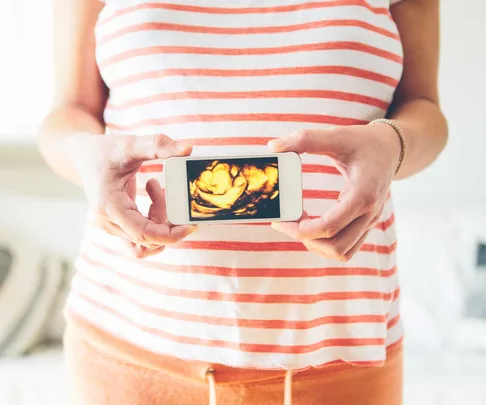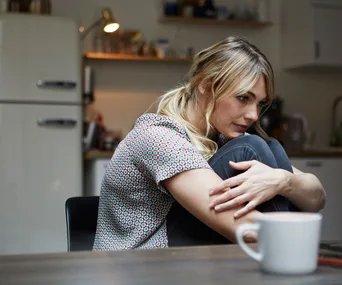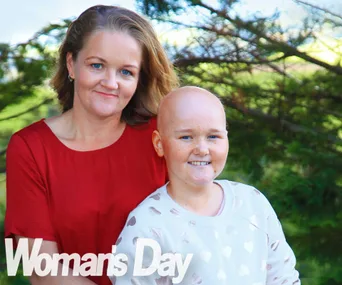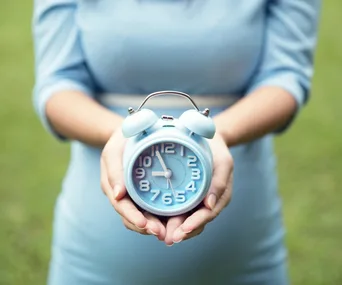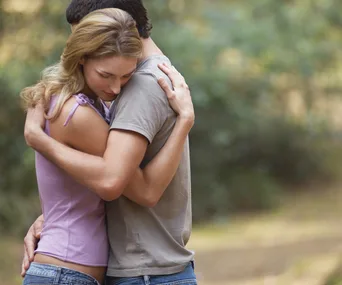Twenty-month-old Wren Kingston started life as a frozen egg. For three years, that egg was stored with hundreds of frozen eggs and embryos in a laboratory at Auckland’s Fertility Associates, in a nitrogen tank not dissimilar to a large barbecue gas bottle.
Egg freezing is a way to suspend fertility in time. The increasingly popular technology means that children like Wren are being born to women who haven’t met the right partner, to those who have fertility issues, or for whom the timing is not yet right. Each year, Fertility Associates freezes hundreds of eggs and says that, to date, between 10 and 15 babies have been born through egg freezing.
Five years ago, Wren’s mother, Tara Kingston, decided to get her fertility tested as she definitely wanted to have children. Single and 36 at the time, the sales and marketing director was told she had good egg reserves. However, she was worried this might not always be the case. “I knew that the older I got, the more challenging it could be to get pregnant so I might as well have younger eggs.”
Egg freezing is a financial outlay, at almost $10,000 for the first egg collection cycle. However, Tara had inherited money from her grandmother, and decided that preserving her chances of motherhood would be money well spent.
“It wasn’t even about meeting the right partner. I was fully prepared for doing it myself with the help of a sperm donor, if I had to. I knew that the younger the eggs, the better my chances of getting pregnant. All I knew was that I wanted to have children in my life.”
Egg freezing involves all the steps of an IVF cycle, up to and including the egg collection. To stimulate her ovaries, Tara had to inject herself with hormones several times a day for about 10 days. She then had a vaginal ultrasound scan to count how many eggs she was producing, and was told she responded really well. She had one egg retrieval – where a needle is inserted into the ovaries – when 22 eggs were obtained. Of these, 20 were able to be frozen.
“We just threw them all in the freezer and I went back to life as normal,” she smiles. “When I grew the eggs, I was so proud. I was like a little hen with my eggs.”
In what turned out to be a truly romantic story, Tara was going through the egg freezing process when she met her partner, Clay, who has two children from a previous relationship. In 2015, she decided to try for a baby. Fertility Associates thawed 10 of the 20 eggs, of which eight survived.
Of those, five were fertilised – including future baby Wren.
The next part of the process was more traumatic for Tara. One embryo was implanted but she miscarried at seven weeks. The second two transfers failed to take. Seventh months after she first tried to have a baby, Tara found out she was pregnant with Wren.
“It was a completely different experience. I had sky high levels of happiness, I was very stable, not a moment of morning sickness and I felt wonderful being pregnant.”
Today, Wren is a gorgeous wee girl with a beaming smile who lives with her parents and her siblings. Tara has one frozen embryo left.
“I struggle with what I should do with that. My heart yearns a little for that potential baby but my head knows that’s its just an idea waiting to happen.”
If it doesn’t, that’s okay too.
“Wren is the most fabulous little being. I love being a mummy,” smiles Tara, who stops the interview to feed her daughter.
“I wouldn’t change a single thing about my journey. Not the waiting, not the miscarriage, not the failed transfers and certainly not the money. The timing was wonderful. Clay and I have a beautiful blended family and everything has fallen into place in the most magical way.”
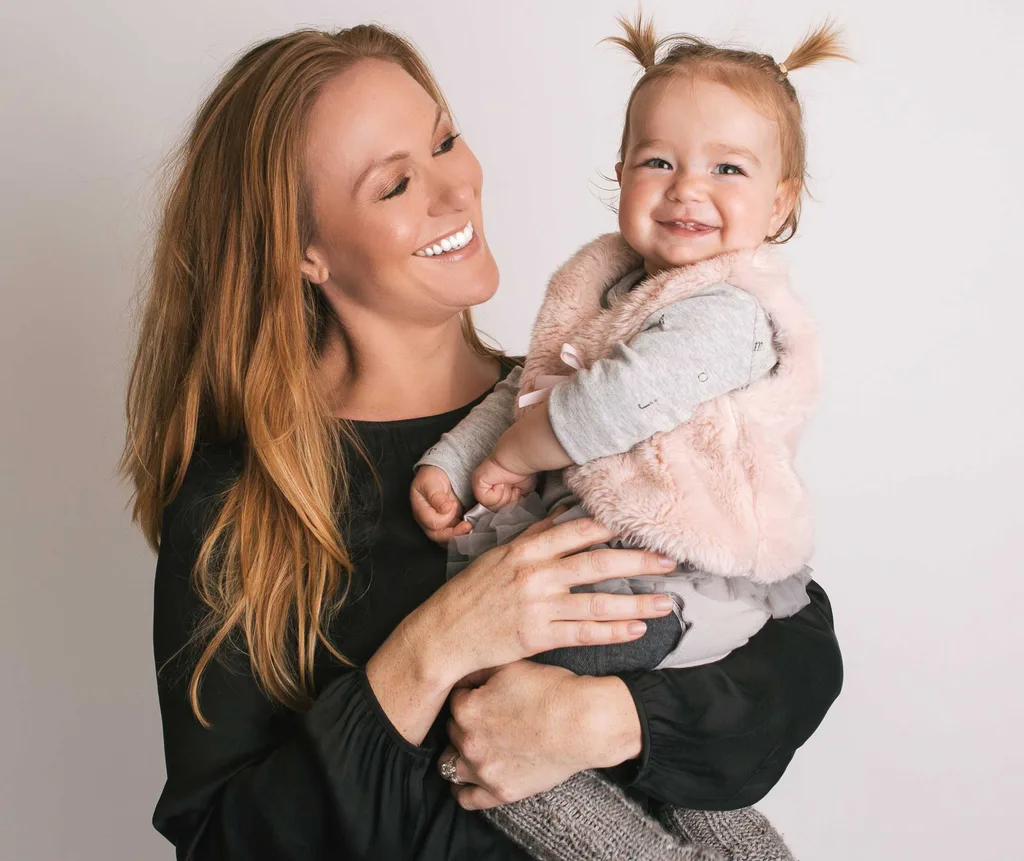
Tara and her daughter Wren
Exploring fertility options
Egg freezing has been around for the past decade, but the technology has improved in recent years, increasing the odds of a pregnancy.
Apple, Facebook and Google offer female employees egg freezing as a perk – a controversial policy which critics say suggest women should be chained to their jobs. Michelle Obama revealed her daughters were born through IVF and her realisation at ages 34 and 35 that “the biological clock is real”.
Fertility Associates advises there are two factors that increase the odds of a future pregnancy through egg freezing: the woman’s age at the time of egg collection, and her ovarian reserve. The clinic does a blood test, AMH, to test how many eggs are currently growing. Egg quantity is different to quality, says Dr Andrew Murray, Fertility Associates Medical Director.
The statistics say this: on average, a 36-year-old woman freezing her eggs will need to collect 10 eggs to have a 50 percent chance of having a child; a woman who is 39 will need 16 eggs to achieve the same odds. Sometimes that means up to three egg collection cycles.
Says Dr Murray, “The ideal time to freeze eggs is in your late twenties or early thirties, when women often aren’t thinking about their fertility.
“We look at it as an insurance policy. One that doesn’t have a guaranteed payout, but as the technology has been improving there are certainly going to be more and more women having babies from their frozen eggs.
“For various reasons, women are either choosing or aren’t able to start their families as early as their mothers and grandmothers did.”
He says there are two categories: social egg freezing for women who haven’t met a partner or aren’t ready to have a baby, and fertility preservation, for those who have a medical condition affecting future fertility.
Embryos have been successfully frozen since the 1980s, and have a higher pregnancy success rate. But the bonus of egg freezing is that a woman can wait to meet a partner – eggs can be frozen for up to 10 years – or wait for the right time to have a baby. The quality of the eggs reflects the age when frozen.
At the clinic, Dr Murray says that a third of patients are now over 40 and they increasingly have to use donated eggs. Fertility doctors hope they will be able to use frozen eggs to help infertile women, who currently wait up to a year for a donor egg.
Last year, Fertility Associates ran an egg freezing pilot with egg donors – of 10 egg collection cycles, seven resulted in pregnancies. Dr Murray says that egg donors traditionally donate fresh eggs.
“But some donors produce lots of eggs. If we could use egg freezing to do the same as we do with sperm donors, who are helping lots of families, that would be great.”
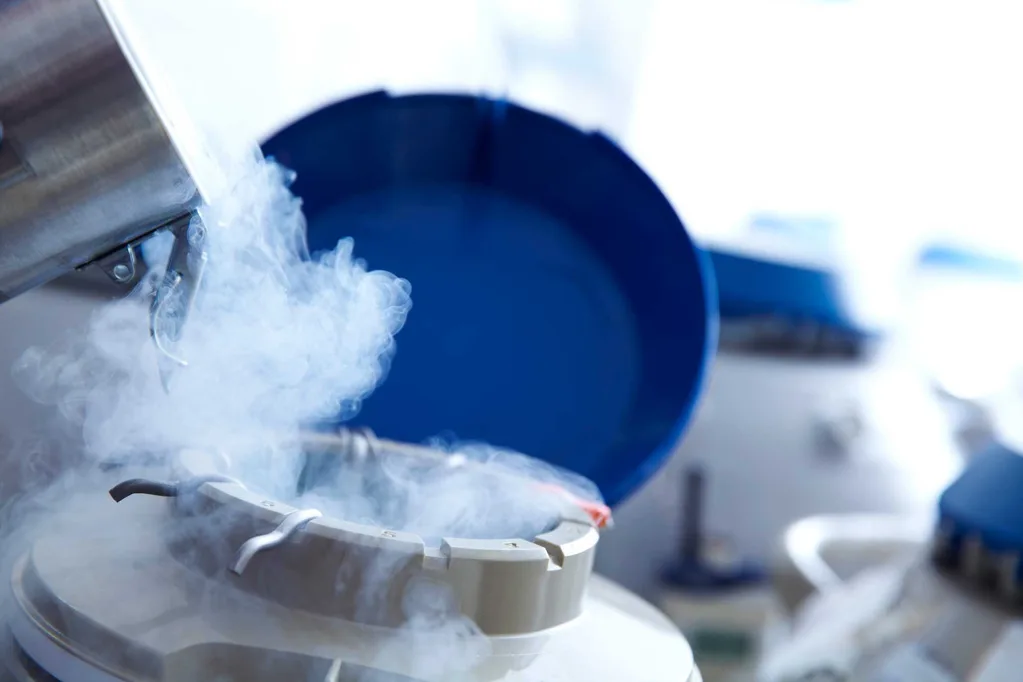
Wanting to become a mum – at some stage
At Wellington’s Fertility Associates, a team of scientists are in the laboratory where eggs, embryos and sperm are stored. Under the vitrification process, eggs are snap-frozen in straws and stored in liquid nitrogen tanks at minus 196°C.
When a woman wants to get an egg or more fertilised, they are thawed. Dr Murray flicks on a computer revealing a time lapse camera showing a number of frozen eggs under a microscope. A patient’s eggs pop up on the screen, resembling tiny, blurry discs.
Lorna McConnon has three frozen eggs stored in this laboratory. The Westpac business analyst always wanted children. Last year, when single at the age of 38, she decided to go through with egg freezing to ensure she could have kids if she chose to get pregnant with the help of a future partner or sperm donor.
“I always thought of it as a back-up plan,” she says. “For me, it was a way of preserving my fertility.”
Lorna was equally happy to parent someone else’s children. All she knew was that she wanted children in her life. Lorna discovered her fertility rate was very low (she was actually lucky to get three eggs).
“I went through a grieving process when I found that out.”
Around the time that she was injecting herself to stimulate her ovaries into action, she met her partner, Paul. He already had two children, now aged 10 and 12. On the day she went in for egg retrieval at Fertility Associates, Paul picked her up afterwards.
“He was awesome the whole way through. He even helped me with the injections.”
However, her partner doesn’t want more children, and Lorna says that being a stepmother has brought her the children she sought in her life. Does she think of her frozen eggs as three potential babies? Lorna shakes her head.
“I want kids in my life and being a stepmother is enough for me. I am also pseudo-aunty to my friends’ kids and that’s amazing.”
Like others interviewed for this article, Lorna would like to donate her eggs if she decides not to use them.
“If I could speak to my late-twenties self, I would have thought of freezing my eggs back then.”
It’s a point stressed by Dr Murray, who advises women in their late twenties or early thirties to ask their GP for the AMH blood test – the current best predictor of fertility.
“I think we should be educating women and men in their teen years about this stuff. In high school, we spend a lot of time talking about unwanted pregnancies and STIs, but fertility awareness is something we need to think about.”
Freezing eggs as a way to preserve future fertility
Emily* did exactly that. At age 25, her family and friends thought she was “a bit weird” when she got her fertility tested.
She had never thought about her chances of conceiving until a cousin got an ovarian cyst and was told her future fertility was compromised. Emily found that her AMH levels were fine, but decided not to risk her chances.
“They said I could have kids really easily. But I still decided to go ahead, and collect some eggs and freeze them.”
Four months ago, the Christchurch property manager went through her first and only egg collection cycle. In one hit, the doctors took 13 eggs and froze them.
During the process, Emily discovered that her mother had struggled with her own fertility, and that she and her 19-year-old brother were both IVF babies.
“It was a bit of a shock to find out I started life in a petri dish. Now one of my babies could be a second-generation IVF baby.”
Emily isn’t sure if she will use her eggs. They’re frozen and stored. If she does have babies naturally, she is fully prepared to donate her eggs one day to a family who might need them.
“I just think it’s really cool for women to know that this option is available.”
